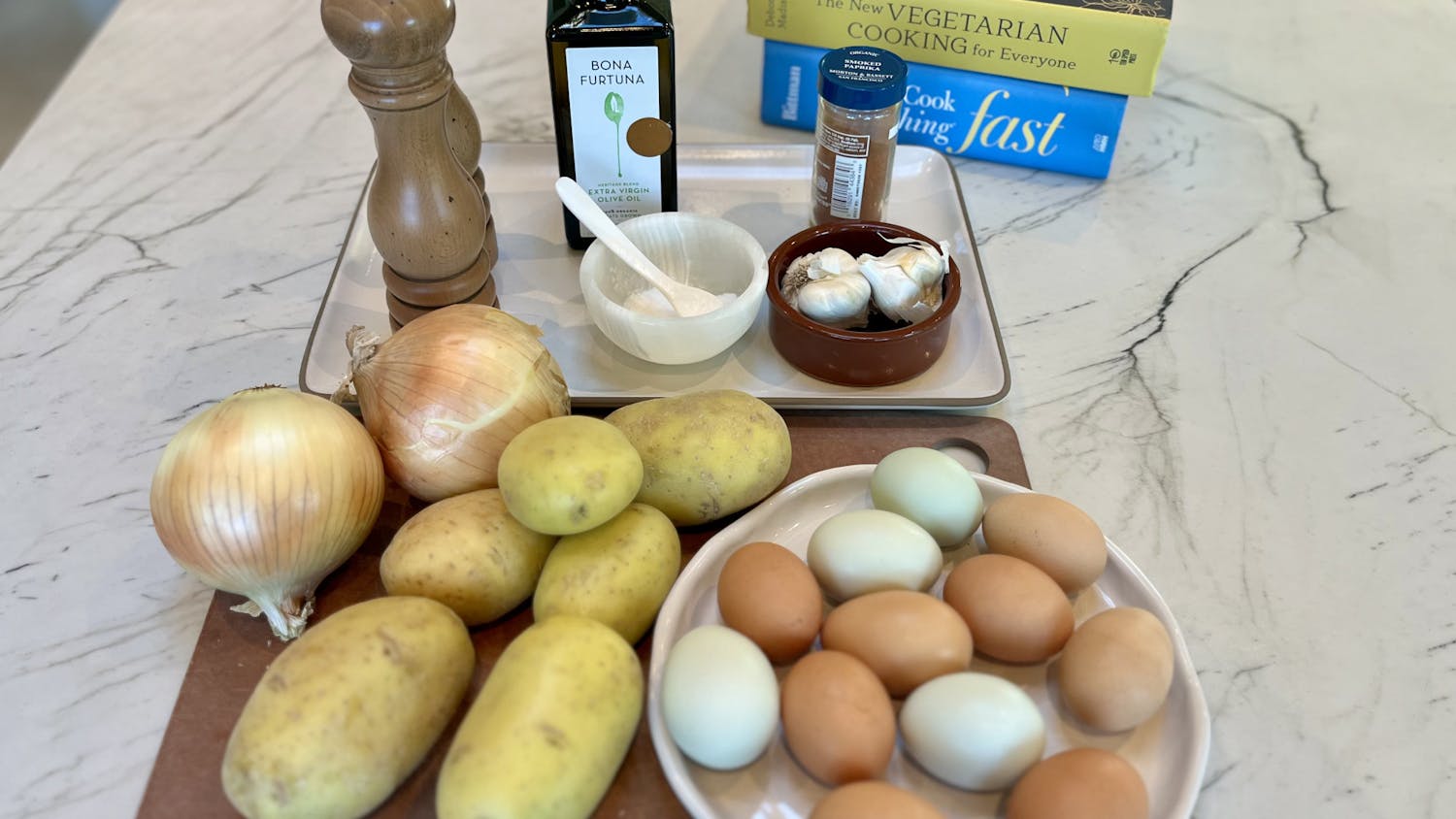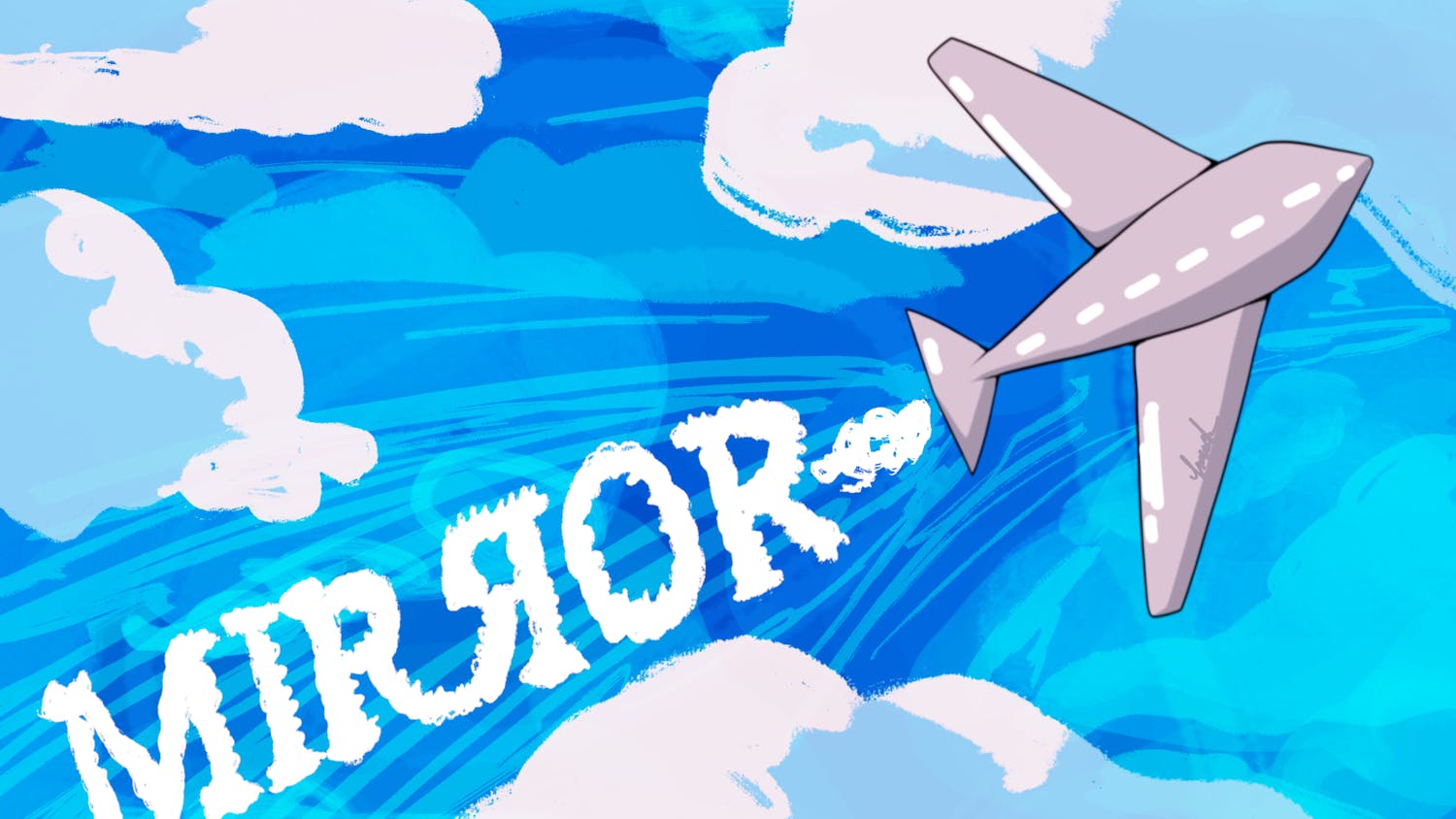For some time now it has been a convention — almost an obligation — among the sensitive, narcissistic literary types (of whom I am an unabashed member) to quote certain poems, even certain lines, in a tactic of romance. The aim is the flattery and self-endearment to some obscure object of desire. That object, as often as not a girl of similar pretentious and sensitive disposition, will not necessarily know that E.E. Cummings line, “No one, not even the rain, has such small hands.” They may not be familiar with the scene from “Hannah and Her Sisters” (1986) in which the bookish, bespectacled and sensitive Michael Cain marks out that exact line for recommendation to the titular sensitive and world-worn woman whom he covertly adores.
I, however, saw this movie many times, and in high school I saw older boys of my species pass notes bearing the “not even the rain” line to girls with glasses and French T-Shirts with whom they desperately desired to read aloud pages of Nabokov and Deleuze. Something about the image is so delicate, perfect and tender that no one could withstand its romantic power, even if the ulterior intentions for its delivery were laid bare and plain.
So, fully matured and in every last way grown to emulate that despicable stereotype that the world of vitriolic online cultural criticism has managed to pin down and eagerly title the “alt bro,” I would hardly surprise anyone who were to look into my textual activity and see that I scatter that line willy-nilly into the inboxes and Facebook chats of every such girl upon which my kind is reported to lustingly prey.
And yet not. Perhaps because the aforementioned world of vitriolic online cultural criticism does get something wrong from time to time (engaging that most dangerous game of articulating the ever-complex taxonomy of post-modern stereotypes), the propensity to quote Cummings at female aspiring English majors is not a thing I do. It’s not that I never find poetry a reliable promontory from which to cast forth filament after filament of nascent romantic hopes and affection, nor is it the case that I don’t find that one line as transcendentally exquisite as everyone else seems to. I just feel that it belongs to one person alone — and in an altogether different way — and that is my best friend, Nalini Tata.
I first met her during Dimensions. I happened to mention another college that was competing with Dartmouth for my matriculation, and she spoke up that her older brother had gone there. She was a slim girl, studded with two huge jewels for eyes that had bright shades of dark green like burning pine needles, deeper than all roses. She spoke in the quietest voice that made you lean way in the hear it — that made you feel close and trust her instantly. She had, too, a cute way of biting into her lip (that she doesn’t even know about), one such apparently frail gesture that instantly unclosed me.
I have written recently about the Sisyphean pain of feeling people enter, exit and re-enter one’s life without any apparent reason. Nalini is the exception. From the moment she entered my life she has never left. She has brought with her unbelievable qualities of kindness and loyalty, taking my calls at an instant when I feel I am clinging to the last threads of life, knowing the ins and outs of my hopelessly knotted saga of love and despair, being the warm neck into which I can cry infinitely and upon whom I can pour the infinite love I struggle to keep down when not in her presence.
She left Dartmouth after freshman year, but we have managed to see each other every term since — sometimes multiple times a term. I have met her parents, both so impressively kind and genuine that I have concluded they are angels. Only angels, after all, could raise such another angel and true friend as Nalini has been to me. Were all the vast privileges that decorate my life laid out before me, I would find few that make my life so splendid and worth living as the inclusion of Nalini — the unbroken hugs, singing together at the Lone Pine, the ceaseless stream of Snapchats of our respective cats (one of my cats, Penny, I officially made Nalini’s goddaughter). We are, I sometimes joke, each other’s human security blankets, or, to use another metaphor, binary stars that revolve around another — even at a great distance — bound by a gravity of pure affection.
Nalini is brilliant, and with her hands she will do such good work for the world as doctor. But she is the therapy to so many other kinds of intangible sickness as well. No one can resist her power to better the lives of everyone she meets by being so sweet and so selfless. So much goodness is packed into her frame, so much of just one thing, something so strong and perfect. Nothing that we perceive in this world equals the power of such intense fragility.
She came up for Winter Carnival, and I stood with her before she boarded the Coach to go home, the snow carefully descending everywhere. In what could have been our hundredth farewell hug, I felt each petal of snow light on our hair and eyelashes and a rush of feeling unlike any other, crying and crying well after she was gone. I remembered how long it’s been since I first walked down West Wheelock Street with her, talking — how little I knew of what college had in store for me! Of all the things that were to come, Nalini proved to be the one unaltered and unsurpassable point of my happiness. Cummings’s poem — the most beautiful love poem in the world — is not just about her, it is her.



